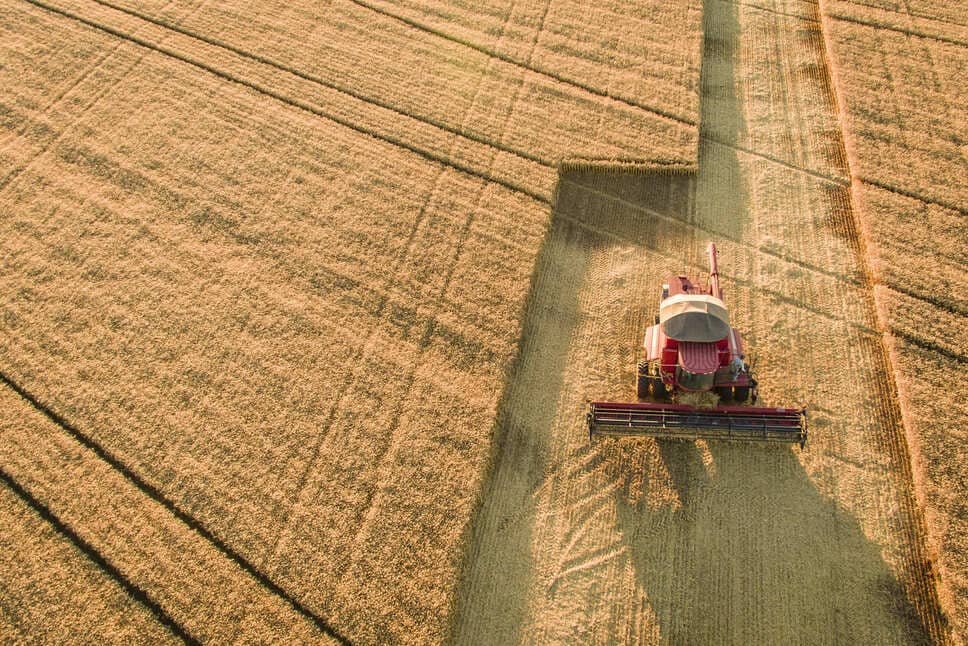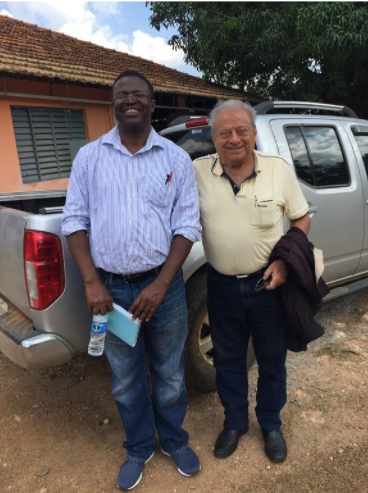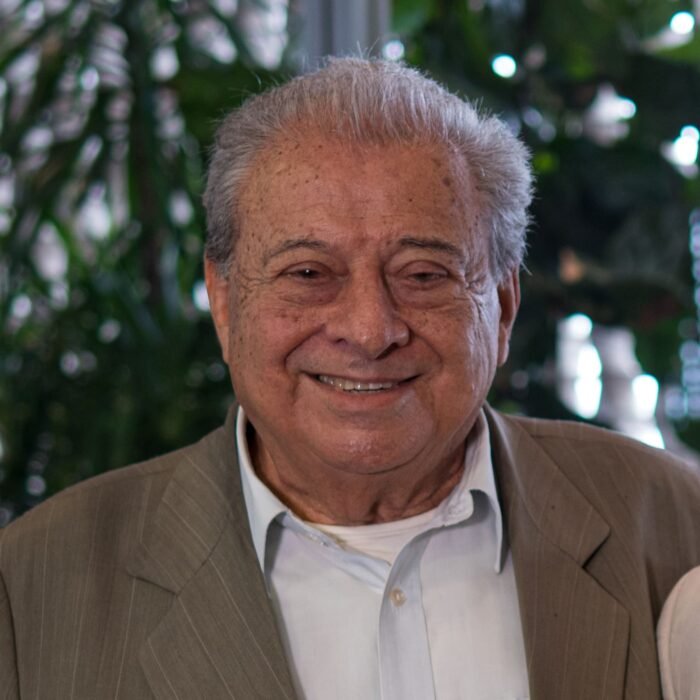On July 10, 1936, Alysson Paolinelli was born in the small town of Bambuí, with 5,000 inhabitants, in the State of Minas Gerais. The city is 270 km from Belo Horizonte, the State’s capital city. His father was an agronomist and responsible for the town’s farming and cattle raising post, and Alysson then realized the importance of the work of the public sector in farming and cattle raising development and in the improvement of the lives and income of the population. A seed that germinated like visions and dreams for Brazilian agriculture, still at his young age.
Life and Work
Agronomist and professor
He left his home town at the age of 15 to go to high school in Lavras, State of Minas Gerais, where he also graduated in agronomic engineering from the Higher School of Agriculture of Lavras (ESAL), in 1959. In the same year, he became a professor of Hydraulics, Irrigation and Drainage at the institution where, later, he would serve as Director until 1970.

The challenge of the State of Minas Gerais
Invited to the Minas Gerais State Agriculture Department in 1971, he accepted the challenge to implement a new productive matrix in the State, based on the incorporation of technology and credit policies that stimulated modernization. He then created the Integrated Credit Program (PCI in Portuguese) aimed at implementing colonization programs guided by technical assistance, an innovative policy in Brazil’s rural area at the time.

Transformation cradle
In 1973, another project gave visibility to Paolinelli’s work in Minas Gerais: the Programa de Assentamento Dirigido do Alto Parnaíba (Directed Settlement Program of Alto Parnaíba – PADAP) in partnership with Cooperativa Agrícola de Cotia (Agricultural Cooperative of Cotia – CAC), which would become a model for the creation of other agricultural colonization projects in the Cerrado biome (Brazilian savannah). Like in the State of Mato Grosso (picture) and many other states.
In the Ministry, he changed Brazil
His work as Secretary of Agriculture drew the attention of the Federal Government, which invited Alysson Paolinelli to serve as Ministry of Agriculture. He took office in 1974 and commenced a period of impacting policies for the industry and for the development of the Brazilian Mid-West.
He prioritized science and structured the Brazilian Agricultural Research Company (Embrapa), created under the management of the Minister of Agriculture Cirne Lima in 1972. When he arrived at the Ministry, Paolinelli attracted the best brains from universities and technical assistance bodies, offering more than 2,000 scholarships for Master’s and PhD. degrees at the world’s best agricultural science universities.
The mission: bring to Brazil the most state-of-the-art resources in agricultural research and technology available on the planet. The objective was to expand agriculture at a fast pace to reduce imports of food and reach self-sufficiency. The target was to intensify the rational occupancy of the areas in the Mid-West.

Tropical agricultural revolution
To deal with this challenge, Paolinelli created in 1975 the Programa de Desenvolvimento dos Cerrados (Program for the Development of the Cerrado (Polocentro)) with new agricultural policy mechanisms and used infrastructure and technology to produce food in the region.

In order to support the Polocentro with specific agricultural research, he implemented Embrapa Cerrados, driving a great leap forward for Brazilian agriculture: between 1975 and 2020, our production of grains grew 6.4 times (from 39.4 million metric tons to 251.9 million metric tons) and the planted area only doubled (from 32.8 million to 65.2 million hectares). This was the greatest sustainable tropical agricultural revolution in history.
Looking at the future
Very active in the current Brazilian agricultural scenario, Paolinelli continues to open horizons with his visions and leadership. He founded (2012) and chairs the Fórum do Futuro (Future Forum) aimed at debate on sustainable development and focused on innovation, technology and research.
In the Forum, he heads up the Projeto Biomas Tropicas (Tropical Biomes Project), which offers a new path for food production, praising the precedence of science to define the limits for the sustainable use of the resources of each biome, before its economic use.
He is also currently the holder of the Luiz de Queiroz Honorary Professorship of Esalq – University of São Paulo (USP), which promotes interdisciplinary reflections and activities with professors, students and organizations from the private sector.



